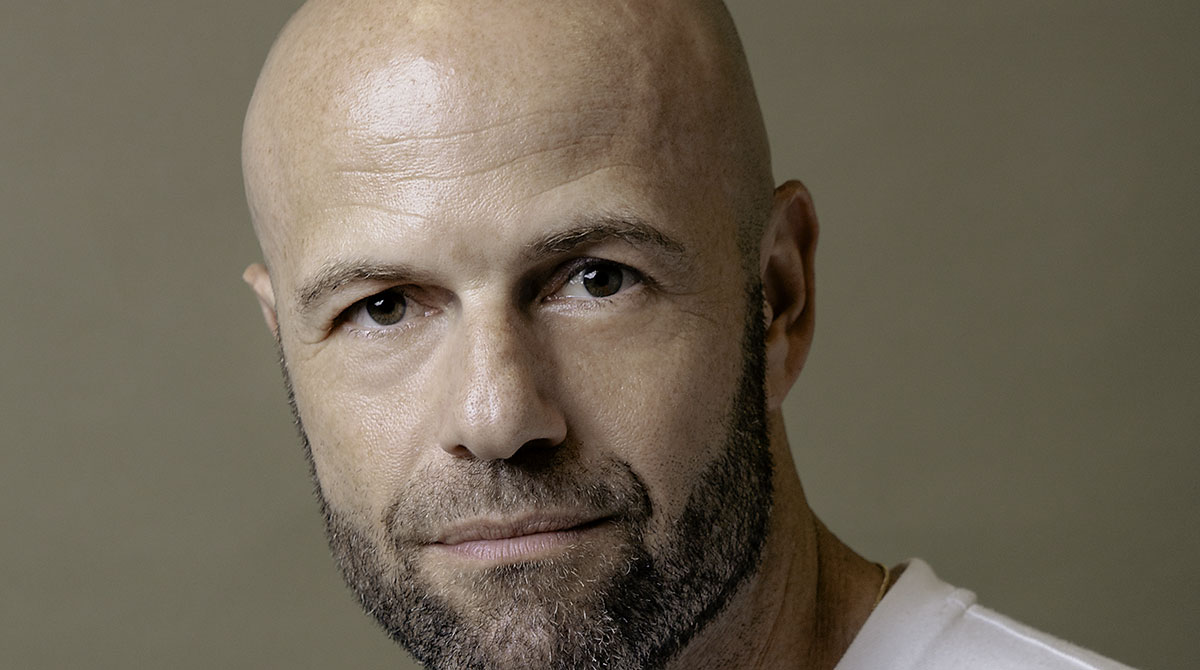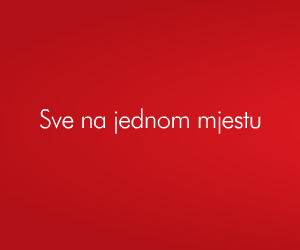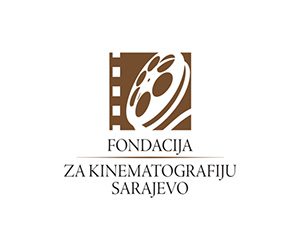
08/10/2024
Yariv Mozer: We prepared the survivors of the Hamas massacre for months before we started shooting the film
“This is not a political film”, says the Israeli director Yariv Mozer presenting his documentary about the brutal attack that happened on 7 October last year at the Tribe of Nova music festival near the border with the Gaza strip. The author put together the stories of survivors with the aim of, as he stated, to show the world where it all began – the starting point that brought us to where we are today. The film “We Will Dance Again” is going to be screened at this year’s Mediterranean Film Festival, which was the cause for this interview.
How and why did you decide to accept these topics?
On October 7, during the Hamas missile attack, I was in my apartment in Tel Aviv, watching the events unfold on television, slowly realizing that this was a massive and unprecedented terror event. As a documentary filmmaker, I asked myself what my role was in this situation and how I could express it. I attempted to get permission to access the massacre site at the music festival, which had been declared a closed military zone. A few days later, I accompanied a commando unit and was among the first to witness the scale of the massacre, with everything still frozen in time—burnt-out vehicles and personal belongings next to bullet casings. The sights were harrowing, and that’s when I realized this was the beginning of a documentary that would tell the story of this massacre minute by minute.
Can you describe your creative process while making this film?
The first thing I did was quickly gather footage from the event, much of which was captured by survivors on their cell phones and shared on social media. Simultaneously, Hamas posted its own footage on Telegram, though they were quick to take it down as it damaged their global image. Through unofficial channels, I also obtained footage collected by the police from Hamas terrorist’s GoPro cameras. Alongside this, we began intensive research, collecting testimonies and meeting with survivors of the Nova festival. I met many of them, and from there, I chose those who were emotionally ready to stand in front of the camera and share their stories. Each story offers a different perspective on the massacre, and together, they form a complete picture of the event.
This time, you had a different task than most documentarians: instead of extensive research to find material, your challenge was to translate a huge amount of video into a coherent narrative.
That’s true. The goal was to construct a coherent, continuous narrative—minute by minute, from the moment the festival began, through the turning point when missiles stopped the music, to the point where it became a murderous terror rampage with terrorists taking control from all directions. It was a complex editorial challenge, as I wanted to represent as many perspectives as possible to convey the event's sheer scale and unprecedented nature.
How did you deal with the emotional weight of the story, and how did you approach sensitive topics related to the traumatic experiences of survivors?
The emotional toll was immense for me and my team, especially when interacting with the survivors. We waited several months before turning on the cameras and conducting interviews, unlike news outlets that interviewed them while the trauma was still fresh. Each interview took several hours and was conducted with great sensitivity and respect, with a psychologist present on set to support the survivors during the filming.
What main messages do you want to convey to viewers through this film?
The most important thing for me is to reveal the truth—an indisputable, unbiased testimony of what occurred on October 7 at the music festival massacre. To confront conspiracy theories and denials with undeniable evidence. The brutal truth is clear for all viewers to see, exposing the true face of Hamas terrorists and their goals of indiscriminate destruction and murder, regardless of religion, race, or gender. And all this stands in stark contrast to the innocence, youth, and beauty of the festival goers, who were helpless in the face of such terror.
How do you think the film will affect the perception of the event among viewers, especially outside of Israel? In light of current global events and the presence of the pro-Palestinian movement?
This is not a political film. It’s a film meant to show the world where it all began—the starting point that brought us to where we are today. No country in the Western world would have responded differently to the brutal terror that occurred on its soil. Hamas is a terrorist organisation, and in the film, you hear their militants chanting "Jihad, Jihad." Their war is against the Western world and its values. There is a clear distinction between Hamas and the Palestinian people, who have become victims of their leadership. I sincerely hope this film leads to an understanding that the Palestinian people must free themselves from Hamas’s grip and turn towards peace and dialogue.
Considering the weight of the story and what is shown, it is unquestionable that this film will leave a big mark. How do you think it will affect your career as a director?
I don’t think in those terms. I’m grateful every day that I get to fulfil a childhood dream—creating cinema, telling meaningful stories that have the power to impact the world we live in. My hope is simply to continue making films and television that matter.
Are there any topics or stories that interest you in particular?
My identity, composed of many layers, guides me in choosing the stories I turn into cinematic works. I am Israeli, Jewish, gay, the grandson of Holocaust survivors, and I served in the Israel Defence Forces. I fight for the moral character of the State of Israel to make it a better place to live. These are the stories that move me.
Your previous projects focused on Israel's founding father David Ben-Gurion, then head of the nation's military; and Adolf Eichmann, a Nazi official who organised the Holocaust. Is “We Will Dance Again” in conversation with them?
I always aim to offer a fresh perspective on my country's symbols and icons. Through documentary filmmaking, I expose the complexities behind these images and the stories in our history, both near and far. “We Will Dance Again” is yet another layer in that journey.


